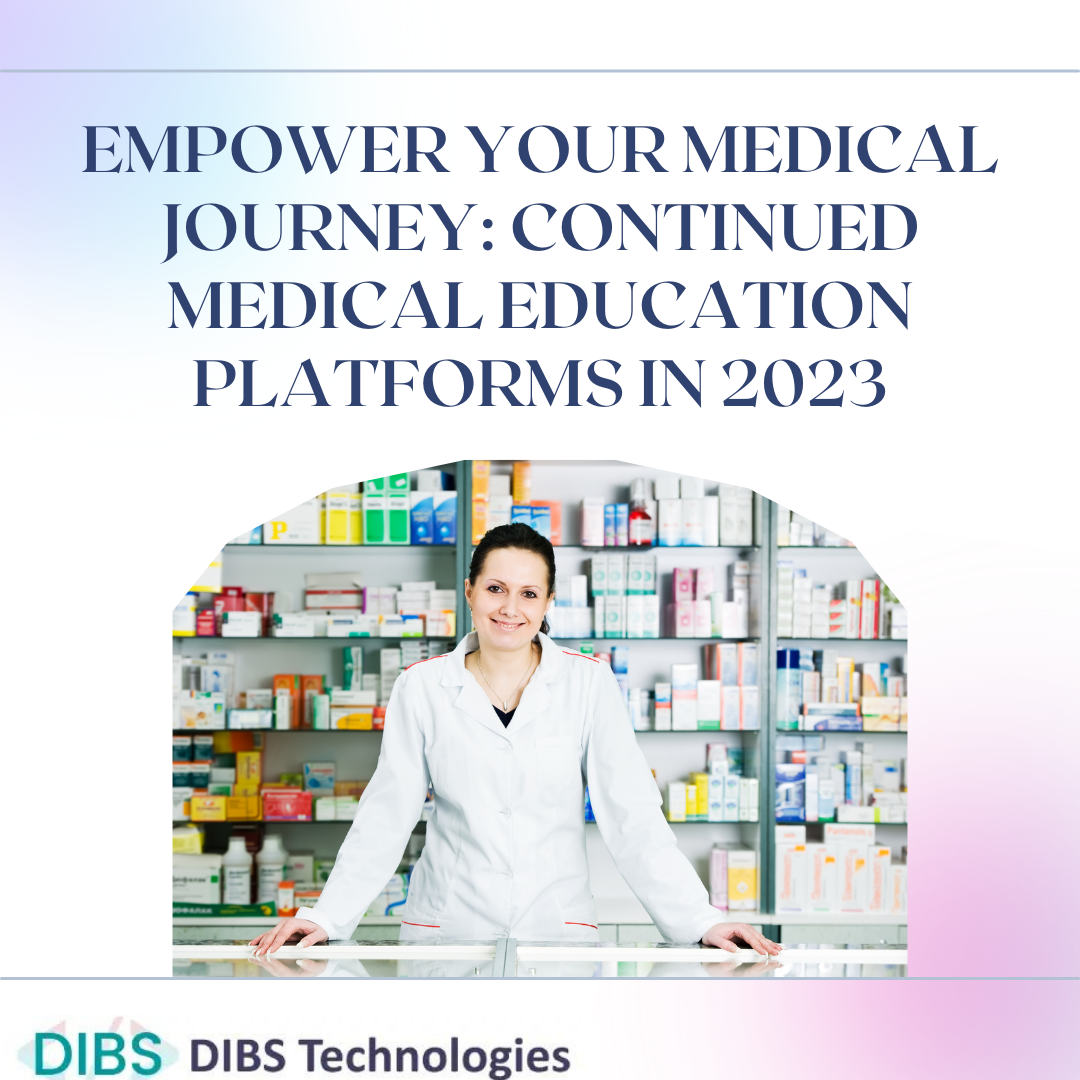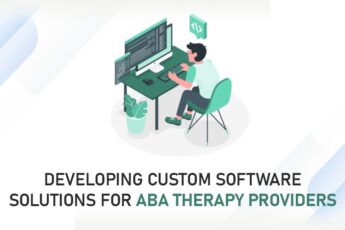In today’s rapidly evolving healthcare landscape, it’s essential to keep healthcare staff continually updated and professionally developed. Continued Medical Education (CME) platforms have become vital tools for healthcare businesses like wellness centres and speciality hospitals. They play a crucial role in bridging knowledge gaps and nurturing excellence among their staff. Think of CME platforms as guides that help healthcare workers stay updated on new ways of doing things and the latest treatments. These platforms are more than just learning tools; they empower the healthcare team to face future challenges.
In simple terms, CME platforms are like building blocks for great healthcare. They provide a solid knowledge foundation for the best care and professional growth. So, in this blog, we’ll explore the significance of CME platforms and their advantages. We will also look into the key features that healthcare companies should consider when developing such apps.
Overview
Continued Medical Education (CME) platforms are comprehensive digital systems and resources designed to cater to the ongoing educational and professional development needs of healthcare practitioners. Also, these platforms play a crucial role in providing healthcare professionals with access to up-to-date medical knowledge. They ensure that they remain well-informed about the latest advancements, treatment protocols, and regulatory changes relevant to their respective fields of practice.
But these platforms are more than just reading materials. They’re like exciting places where healthcare workers can learn by doing things practically. Overall, these platforms are like helpful buddies. They make sure that healthcare workers are well-prepared to take care of patients in today’s world.
Exploring the Significance of CME Platforms
Bridging Knowledge Gaps: In the dynamic healthcare field, where new discoveries and treatments emerge constantly, Continued Medical Education (CME) platforms act as knowledge repositories. They offer healthcare professionals the opportunity to access updated information, effectively bridging the gaps in their knowledge.
Improving Patient Care: Continuous learning and skill development directly impact patient care. CME platforms ensure that healthcare professionals provide the best possible treatment by keeping them informed about the latest medical practices and protocols.
Compliance and Certification: Many healthcare regulatory bodies mandate CME for healthcare professionals to maintain their licenses. Having a CME platform in place ensures compliance and simplifies the certification process for both employees and organizations. In the United States, the American Medical Association (AMA) is a regulatory body that mandates Continued Medical Education (CME) for physicians. They require doctors to participate in CME activities to keep their medical licenses and stay current with medical advancements. Healthcare professionals and organizations use CME platforms to manage and track their CME credits to comply with AMA and similar regulatory requirements.
Advantages of Medical Education Platforms for Healthcare Enterprises
Enhanced Employee Competence: By investing in CME platforms, healthcare businesses can boost the competence of their workforce. This, in turn, leads to improved patient outcomes and increased trust among patients.
Cost-Efficient Training: Traditional training methods can be costly and time-consuming. CME platforms provide cost-efficient, on-demand learning opportunities, reducing training expenses.
Customized Learning Paths: These platforms offer personalized learning paths, enabling healthcare organizations to tailor educational content to their specific needs. For example, a diabetic speciality hospital can focus on diabetes management courses.
Performance Tracking: CME platforms provide tools for tracking employee progress and performance, allowing organizations to identify areas that may require additional training or support.
Essential Features of Continued Medical Education Platforms for Healthcare Businesses
User-Friendly Interface: A clean and intuitive interface ensures ease of navigation for healthcare professionals of all technical abilities.
Diverse Content Formats: Incorporate diverse content types such as videos, webinars, articles, and quizzes to cater to different learning styles.
Accreditation and Certification: Ensure that the platform supports accreditation and certification processes to meet regulatory requirements.
Analytics and Reporting: Robust analytics tools help businesses track user engagement and identify areas for improvement.
Integration with EHR Systems: For seamless record-keeping, integration with Electronic Health Record (EHR) systems is crucial.
Mobile Accessibility: Make sure the platform is accessible via mobile devices to accommodate busy healthcare professionals who may prefer learning on the go.
Feedback Mechanisms: Incorporate feedback mechanisms to gather user opinions and continuously improve the platform.

Conclusion
In conclusion, CME platforms offer numerous benefits for healthcare professionals. CME platforms provide healthcare professionals with essential features, including comprehensive course catalogues, robust certification tracking, interactive learning tools, seamless tracking of continued education credits, and personalized learning pathways. These features are crucial for healthcare professionals as they help ensure ongoing education and compliance with regulatory requirements.
However, despite challenges associated with implementing CME platforms, including cost considerations, quality control, and ensuring accessibility, it is paramount for healthcare organizations to prioritize investments in CME platforms. This unwavering commitment ensures that healthcare professionals consistently access the latest medical knowledge and skills, ultimately enhancing patient care. So, These strategic investments in CME platforms empower healthcare professionals to deliver the highest standard of care.
Talk to our experts and find out more about the latest healthcare technologies and how DIBS team can help healthcare professionals with access to ongoing education and training, leading to improved patient care, enhanced professional development, and compliance with licensure requirements.







Leave a Comment